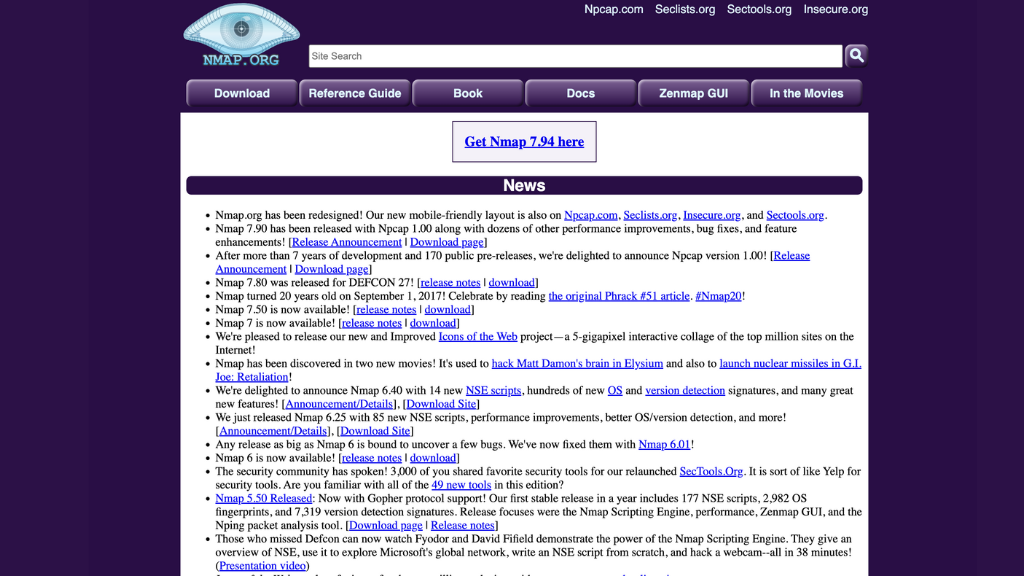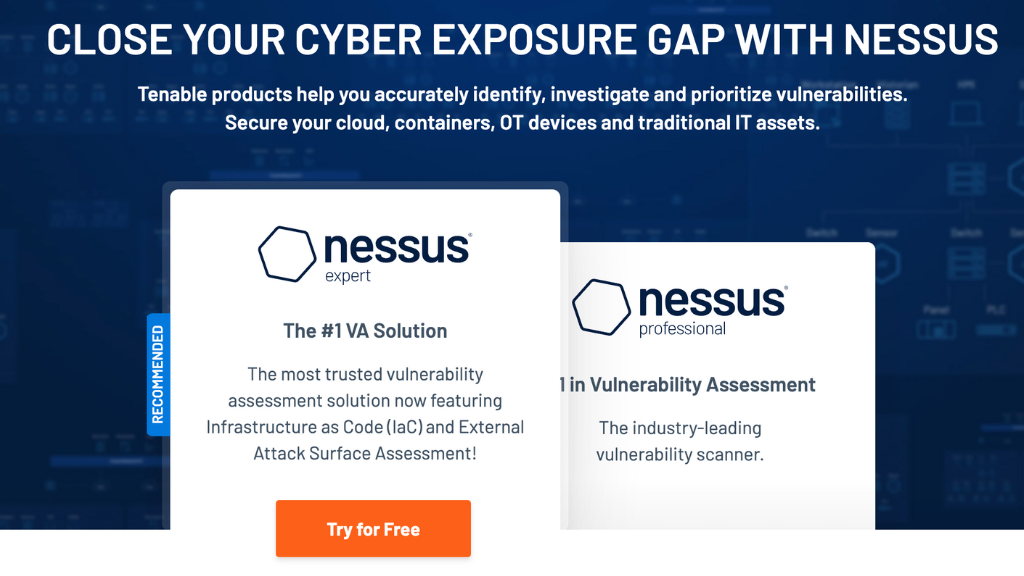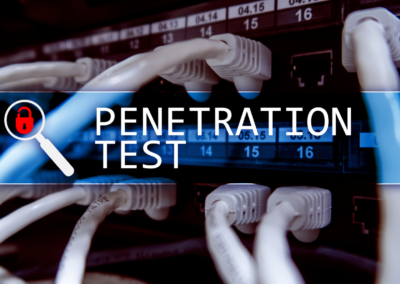Regarding network security and vulnerability assessment, two popular tools that often come to mind are Nmap and Nessus. Both tools are commonly used in the cybersecurity community to identify vulnerabilities, assess the security posture of systems, and enhance overall network protection. Many queries arise in one mind like; Is Nmap the same as Nessus?
Is Nmap a good vulnerability scanner? Which tool is very similar to Nessus, etc?
This article will explore the features, capabilities, and differences between Nmap vs. Nessus to help you understand which tool is the best fit for your specific needs.
What is Nmap?

Nmap, short for “Network Mapper,” is a powerful and versatile open-source vulnerability scanner for network exploration and security auditing. It actively scans networks, identifies open ports, discovers services running on those ports, and determines the operating system (OS) of the target systems. Nmap actively earns its reputation for flexibility, speed, and an extensive range of scanning techniques.
Nmap, by default, does not have built-in packet capture capabilities. Its primary function is a network scanning and host discovery. However, Nmap can use packet capture tools like Wireshark to capture and analyze network traffic.
What is Nessus?
On the other hand, Tenable Network Security developed Nessus as a comprehensive vulnerability assessment tool. It earns recognition as one of the best, most widespread, and most trusted vulnerability scanners. Nessus actively detects system vulnerabilities, performs configuration assessments, and ensures compliance with security policies.
Purpose of Nmap Vs. Nessus
Nmap and Nessus serve different purposes in the realm of network security. Nmap primarily focuses on network exploration and provides detailed information about the target system, including open ports, services, and OS detection. Network administrators and security professionals commonly use it to identify potential entry points for attackers and assess the overall security posture of a network.
Nessus, on the other hand, is primarily used for vulnerability assessment and management. It scans systems for known vulnerabilities, performs configuration audits, and provides actionable reports to help organizations mitigate security risks. Security analysts, penetration testers, and compliance auditors often utilize Nessus to ensure the robustness of an organization’s security infrastructure.
Features of Nmap
Nmap offers many features, making it a popular choice for network scanning and security auditing. Some of the key features include:
- Port scanning: Nmap can scan a target network or host to identify open ports and services running on those ports.
- Service and version detection: It can detect the specific services and their versions running on the target system.
- Scripting engine: Nmap provides a scripting engine that allows users to write and execute custom scripts for advanced network discovery and security testing.
- OS detection: It can determine the operating system of a target system based on network responses and other characteristics.
Features of Nessus

Nessus offers a comprehensive set of features to perform vulnerability assessments and ensure the security of networks and systems. Some notable features of Nessus include:
- Vulnerability scanning: Nessus can scan systems for known vulnerabilities, including software flaws, misconfigurations, and weak passwords.
- Policy compliance auditing: To ensure compliance, it can assess systems against predefined security policies and industry standards.
- Patch management: Nessus can identify missing patches and guide patch management processes.
- Configuration assessment: It can analyze system configurations to identify security weaknesses or deviations from best practices.
Nmap Vs. Nessus: A Comprehensive Comparison
Now, let’s compare Nmap and Nessus based on several important factors:
- Focus and scope: Nmap primarily focuses on network exploration and survey, while Nessus is dedicated to vulnerability assessment and compliance auditing.
- Scanning techniques: Nmap offers a wide variety of scanning techniques, including TCP, UDP, SYN, and ACK scans, whereas Nessus focuses on vulnerability-based scanning.
- Reporting capabilities: Nessus provides detailed and comprehensive reports with remediation suggestions, while Nmap offers more basic reporting features.
- Pricing and licensing: Nmap is an open-source tool available for free, while Nessus has commercial versions with various licensing options.
Also, See: Nmap vs. Wireshark: A Comparative Analysis
Use Cases for Nmap and Nessus
Nmap and Nessus have different use cases depending on the specific requirements. Nmap is often used for:
- Network mapping and reconnaissance
- Intrusion detection and monitoring
- Firewall rule verification
- Service and version detection
Nessus, on the other hand, finds its applications in:
- Vulnerability assessment and management
- Compliance auditing
- Patch management
- Configuration assessment

Pros and cons of Nmap
Pros include:
- Extensive range of scanning techniques
- Open-source and free to use
- Fast and efficient network scanning
Cons include:
- Less focused on vulnerability assessment
- Basic reporting capabilities
- The steeper learning curve for beginners
Pros and cons of Nessus
Pros include:
- Comprehensive vulnerability scanning capabilities
- Advanced reporting and remediation suggestions
- Easy-to-use interface and intuitive workflows
Cons include:
- A commercial tool with licensing costs
- May produce false positives in scan results
- Requires regular updates for the latest vulnerability checks
Conclusion
When comparing Nmap and Nessus, both tools serve different purposes in cybersecurity. Both are powerful tools with distinct purposes in network security. Nmap is ideal for network mapping and surveillance, while Nessus excels in vulnerability assessment and compliance auditing.
When choosing the right tool for your specific needs, it’s essential to consider factors such as the size and complexity of the network, the desired level of automation, and the expertise of the users. You can also get advice from cybersecurity experts to know which could be best for you. If you seek professional cybersecurity services, consider contacting NextDoorSec, a leading cybersecurity firm.






0 Comments